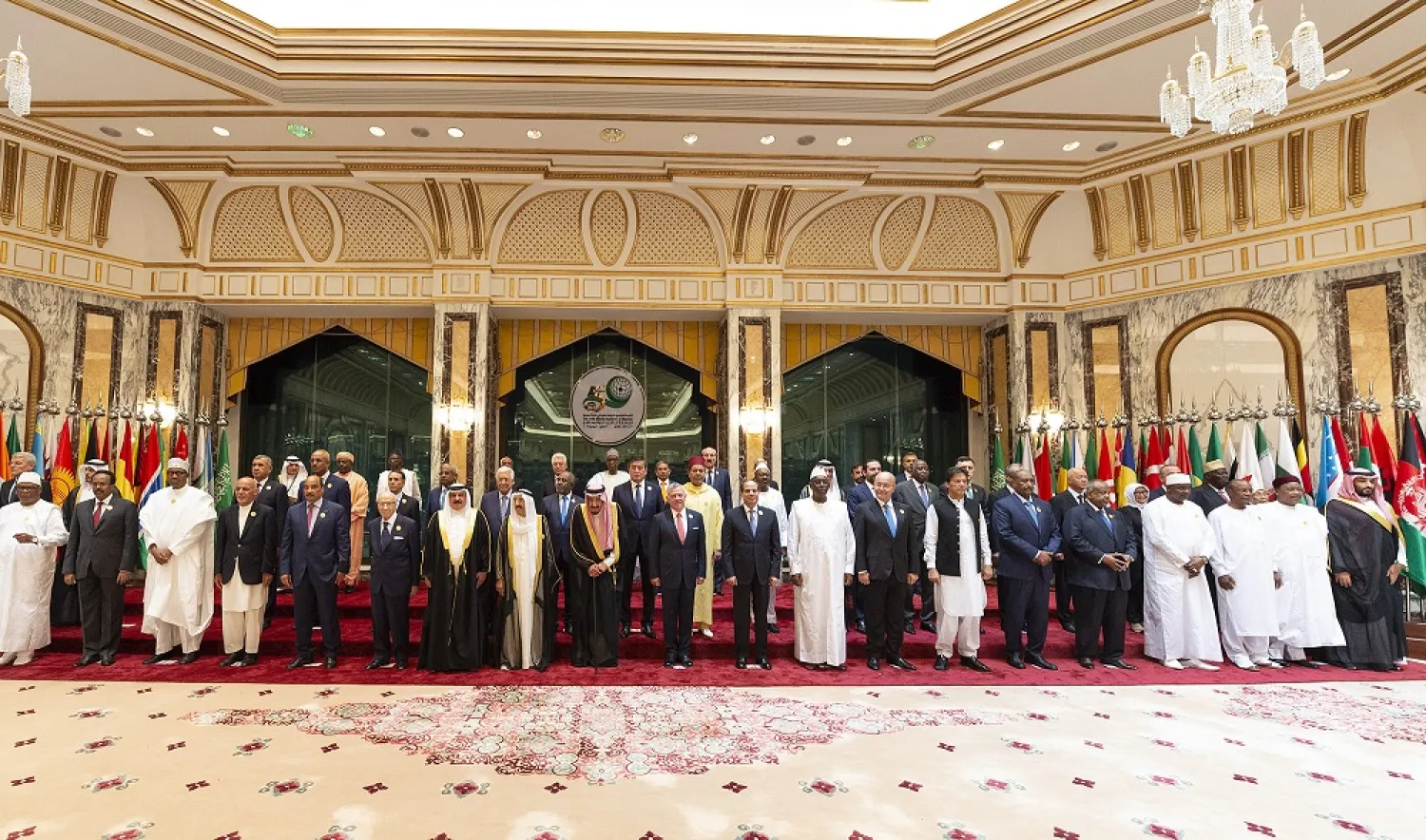Iran officially informed Lebanon it requests a strong and public stance reflecting the strength of relations between the two countries as a response to the comments delivered by Prime Minister Saad Hariri at the extraordinary Arab summit held in Makkah last month.
Iran had expressed anger at Hariri’s stances at the summit, which was held to address its meddling in the internal affairs of several Arab countries, including Lebanon, Syria and Yemen. Arab leaders also met in wake of recent attacks on Gulf oil facilities.
During his speech, Hariri had called for Arab solidarity to confront regional conflicts and foreign threats.
The Lebanese PM had also condemned “the attack on the United Arab Emirates and Saudi Arabia,” calling for the widest Arab solidarity in confronting them.
Hariri made his stances after the summit communique did not mention the Hezbollah party or its terrorist activities.
The PM, therefore, saw that he was not bound to adhere to his government’s dissociation policy, which Lebanon applies during Arab meetings and summits.
Hariri consequently voiced his support for the emergency summit statement that condemned Iran’s meddling in Arab affairs and its support for terrorism. His position was in line with the majority of participants, specifically some Gulf states that are victim of Tehran’s meddling.
A Lebanese diplomatic source told Asharq Al-Awsat on Tuesday that Beirut has for years been adopting a foreign policy based on “solidarity with its Arab brothers against any non-Arab country in case of a conflict.”









